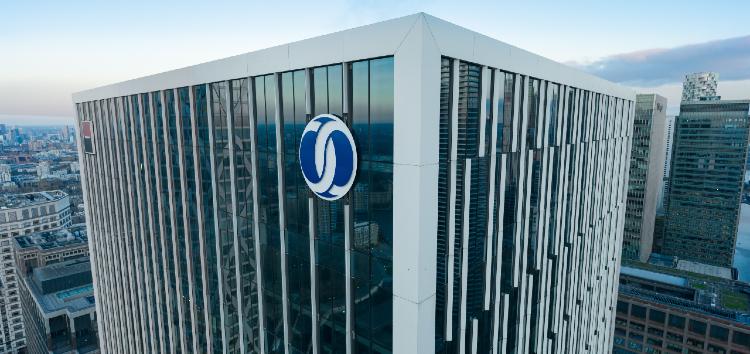- EBRD’s Board of Governors approves new membership requests
- Following Benin and Côte d’Ivoire, Senegal and Ghana mark the next step in EBRD’s decision to expand to sub-Saharan Africa
- Requests made with a view to becoming EBRD recipient economies
The shareholders of the European Bank for Reconstruction and Development (EBRD) have approved applications by Ghana and Senegal to become members of the multilateral financial institution.
The authorities of Ghana and Senegal applied for EBRD membership in October 2023, respectively. The Bank’s Board of Governors has now approved the first stage in the membership process. The two countries will have to meet some final pre-membership requirements before the process is concluded.
The move follows the Governors’ approval – at the EBRD’s 2023 Annual Meeting in Samarkand – of amendments to the Bank’s statutes to enable the limited and incremental expansion of its operations to sub-Saharan Africa and Iraq.
The applications of Ghana and Senegal also included requests to become recipients of EBRD financial and advisory services, which the Bank will address once the statutory amendments are in force.
EBRD President Odile Renaud-Basso said: “We are very happy about this important milestone in the process for Ghana and Senegal to become new EBRD members. This reflects our Governors’ historic decision, last year, on the future expansion of the Bank’s operations to sub-Saharan African countries. Together with other international partners, our goal will be to help unleash the potential of the countries’ private sectors, create jobs and support sustainable development.”
The successful applications from Ghana and Senegal follow those from Benin and Côte d’Ivoire, whose memberships Governors approved in October 2023.
Since its inception in 1991, the Bank has invested over €190 billion in 6,969 projects and supported policy reforms to develop the private sector in over 30 economies. Its investments span natural resources, financial institutions, agribusiness, manufacturing and services, as well as infrastructure projects, such as power and renewable energy, and the upgrade of municipal services.




